Excelitas high precision prism assemblies allow multiple beams to be combined, split, or redirected based on differences in wavelength and/or polarization making them ideal in the construction of compact beam multiplexing systems for applications in aerospace, defense, bioinstrumentation, analytical instruments and semiconductor metrology systems.
Our prism assemblies utilize novel adhesive free Activated Covalent Bonding (ACB) to enable low transmitted wavefront distortion values (as low as λ/10 at 633 nm), beam deviation tolerances in the arc second range, and even the capability for precise control of output beam phase relationships. These prism assemblies can be fabricated from numerous substrate materials for applications in the ultraviolet, visible or infrared, typically based on prisms in the three (3) mm to 25.4 mm size range.
| Complex Prism Assemblies Typical Specifications | |
| Materials | Fused silica, optical glasses, CaF2 , ZnS ZnSe, Silicon |
| Wavelength Range | 266 nm to 12 µm |
| Transmitted Wavefront Distortion (@ 632 nm) | λ/10 |
| Beam Deviation Accuracy | <5 arc seconds |
| Coating Options | antireflection, beamsplitter, taps, polarization control,bandpass, long wave pass, short wave pass |
| Temperature Range | −196 °C to 400 °C |
| Humidity Range | 0 to 100% |
| Aperture Size Range | 3 mm to 25.4 mm |
| Surface Quality | 20-10 |
| Clear Aperture | 90% |
Yes, we retrofit legacy systems (e.g., GE Frame 5, Siemens V94.2) with modern digital controllers, typically completing hardware integration within 4-8 weeks. Software migration requires additional validation time.
We recommend annual performance testing under ISO 3977-2 standards. Critical applications (e.g., offshore platforms) may require semi-annual tests with emissions compliance checks.
All rad-hard devices (e.g., FPGA, ADC) are QML Class V certified under MIL-PRF-38535 and tested to MIL-STD-883 Method 1019 for SEU tolerance. Full qualification reports are available upon request.
Our ASICs and power management ICs operate across -55°C to +175°C ambient temperatures, with derating curves provided in military temperature range (MTR) datasheets.
Our PMA parts (e.g., actuators, sensors) hold FAA/EASA Form 1 certification and match OEM form/fit/function. Installation requires SB/MB documentation per FAA AC 23.1529.
All NAS/MS fasteners include full DNA traceability: melt source (AMS 2301), heat/lot numbers, and AS9100-compliant MTRs with ultrasonic test reports.
AOG orders ship within 4 hours for stocked items (FAA-PMA, EASA Part 21G). Non-stock critical parts trigger priority manufacturing with 72-hour max turnaround.
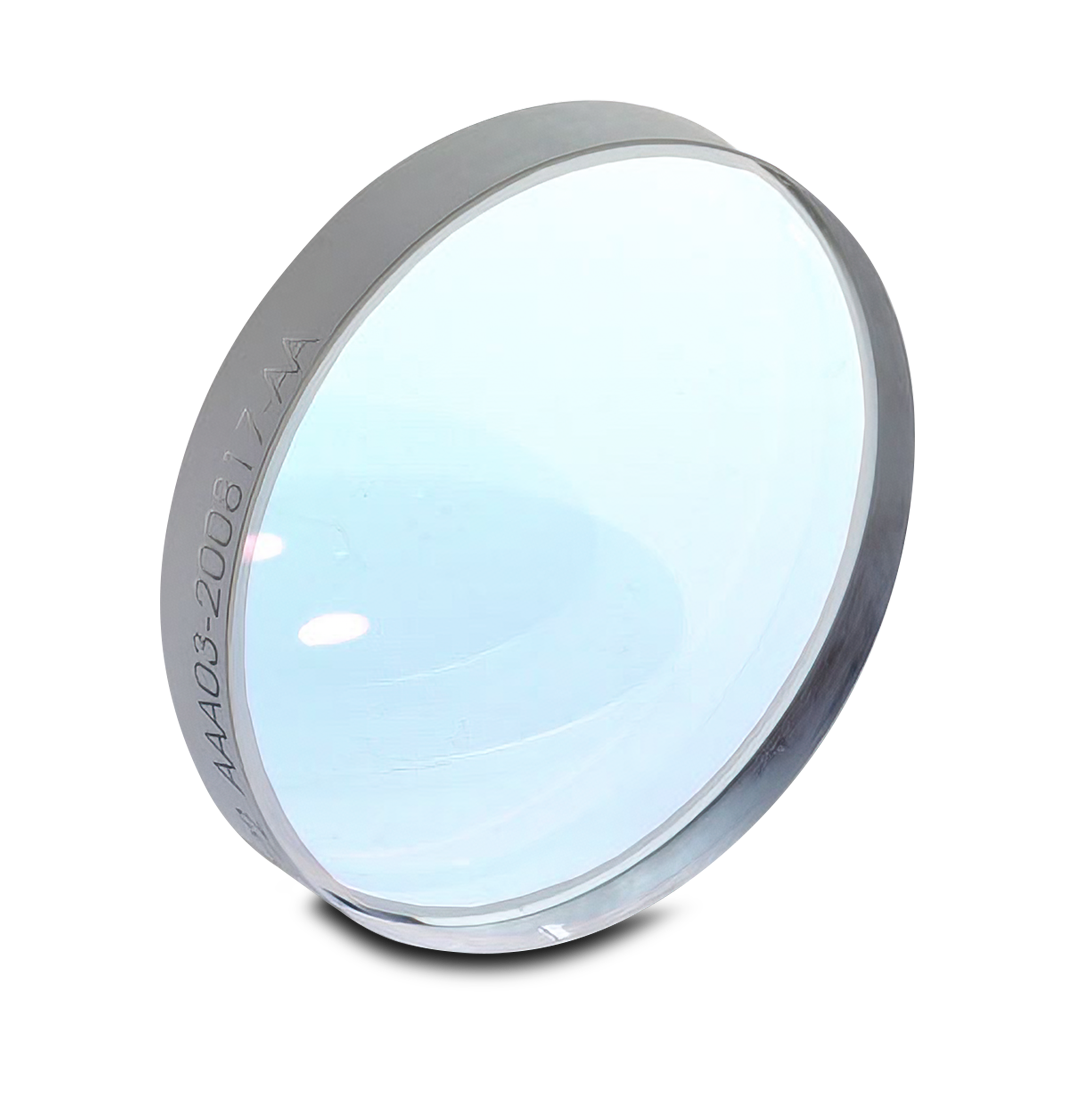
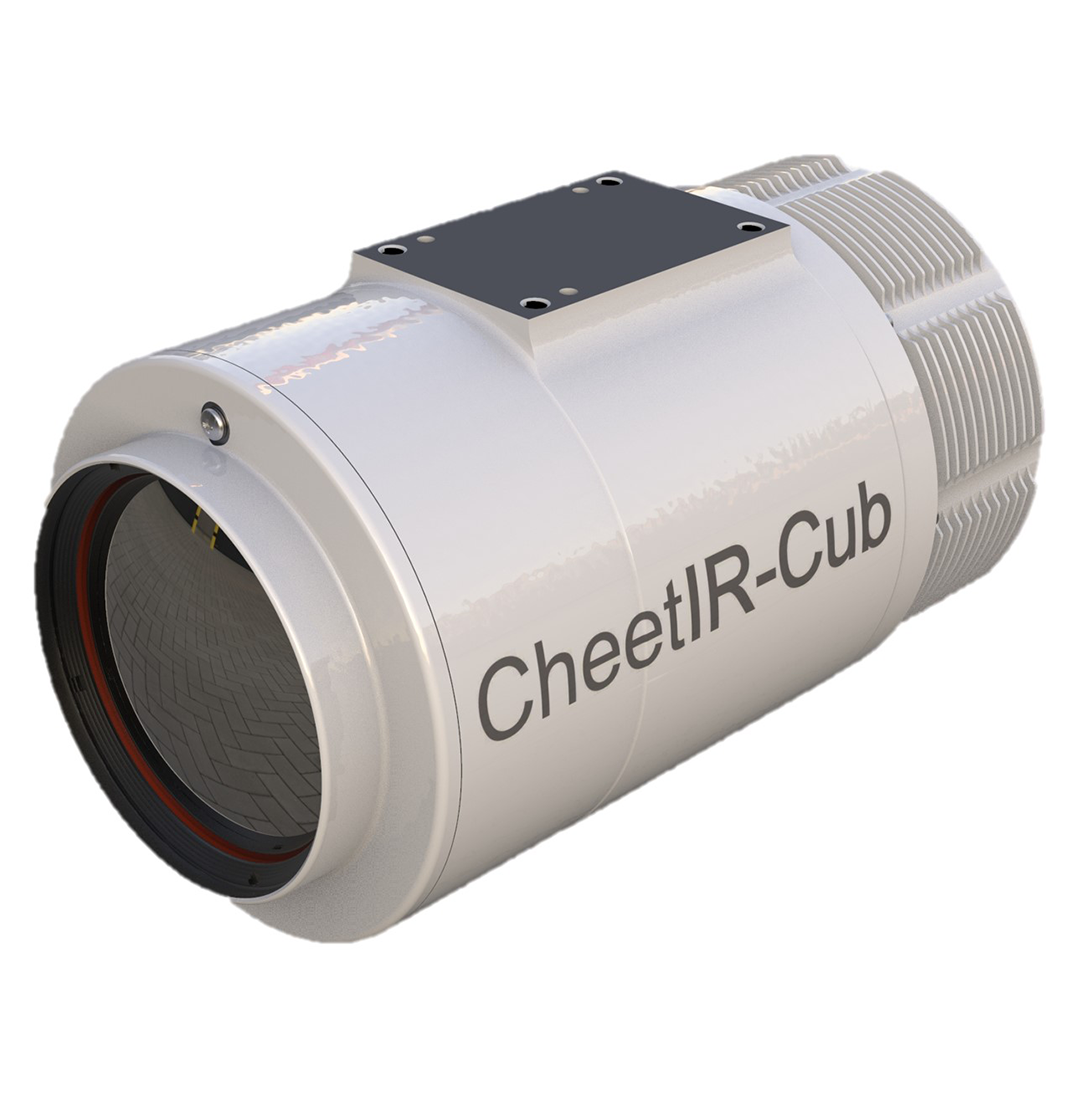
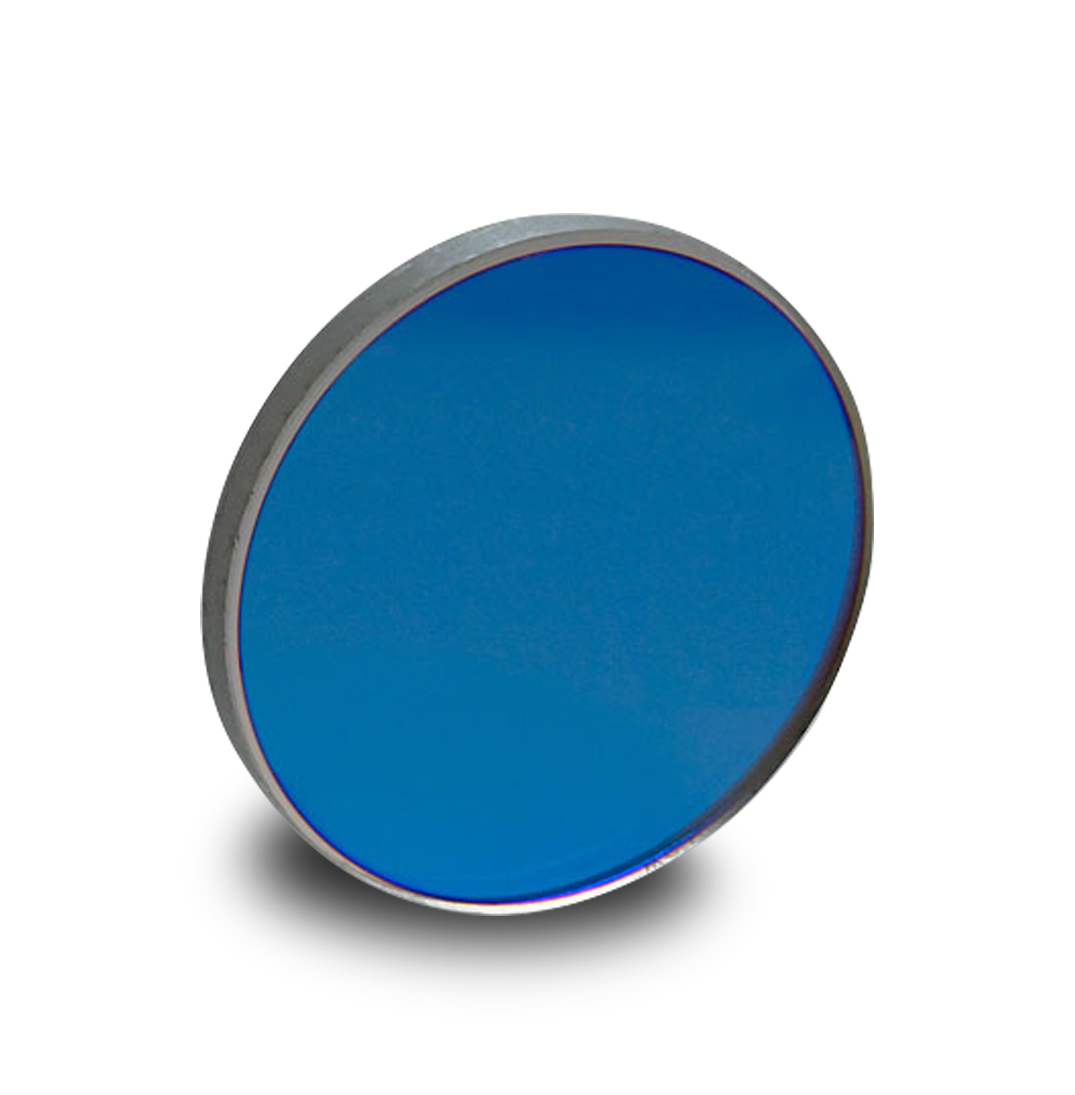
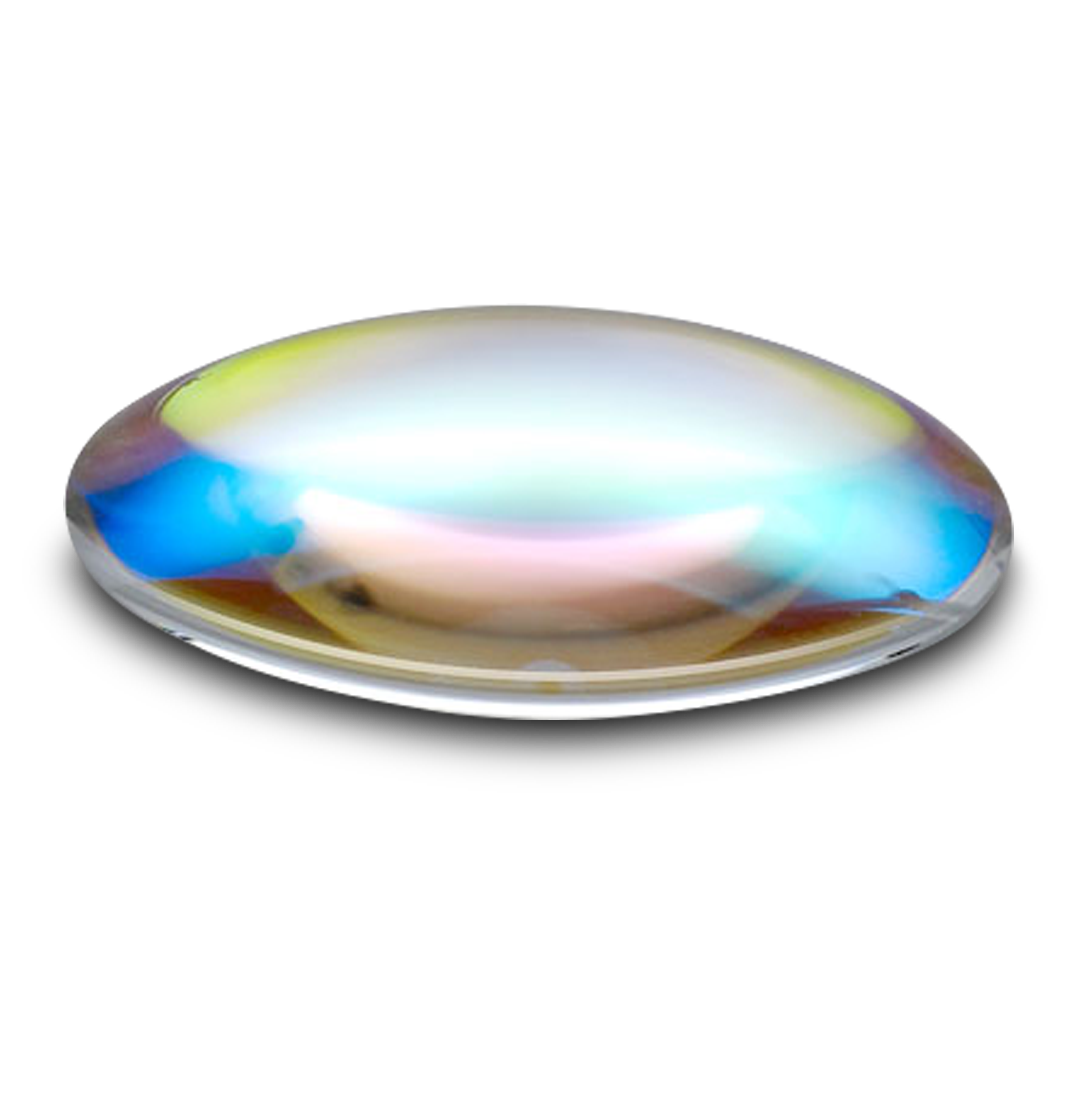

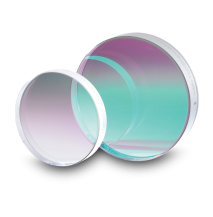
 Gas Turbine
Gas Turbine
 Aircraft parts
Aircraft parts